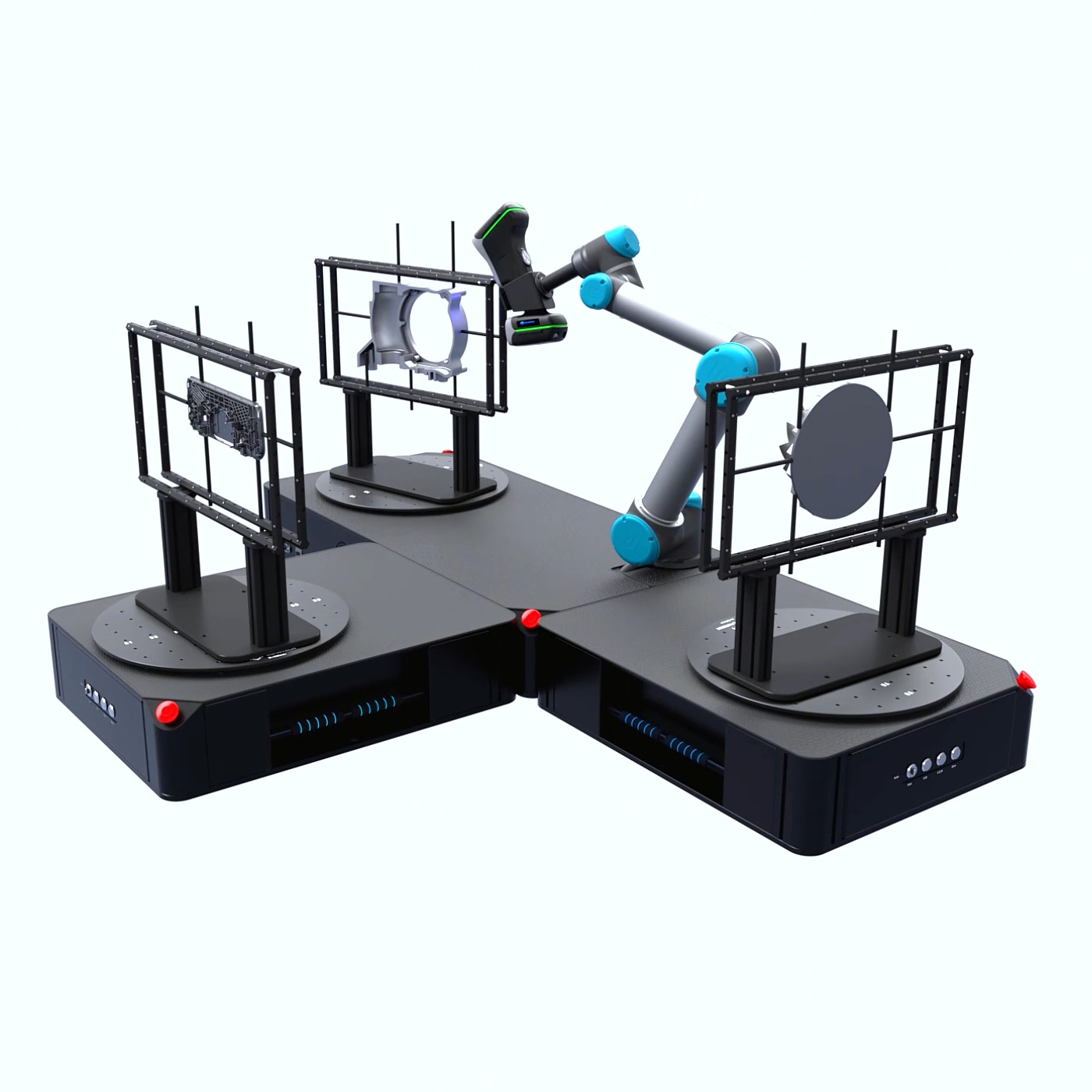In the realm of electrical work, precision and safety are paramount. Whether you are an electrician, a technician, or a DIY enthusiast, having the right tools at your disposal is essential for effective troubleshooting and maintenance. Among these tools, electrical testers play a crucial role in ensuring that electrical systems function safely and efficiently. This article delves into the various types of electrical testers, their applications, and the unique features that set them apart.
Understanding Electrical Testers
Electrical testers are instruments designed to measure various electrical parameters, including voltage, current, resistance, and continuity. They are indispensable in diagnosing electrical issues, verifying circuit integrity, and ensuring compliance with safety standards. The choice of tester often depends on the specific requirements of the task at hand, as well as the level of expertise of the user.
- Multimeters
Overview: Multimeters are versatile tools that can measure voltage (AC and DC), current, and resistance. They can be analog or digital, with digital multimeters (DMMs) being the most common due to their ease of use and accuracy.
Applications: Multimeters are used in a wide range of applications, from basic household electrical troubleshooting to complex industrial systems. They are essential for checking battery voltages, testing circuit continuity, and diagnosing faults in electrical devices.
Key Features:
- Auto-ranging: Automatically selects the appropriate measurement range.
- Data hold: Freezes the displayed reading for easy reference.
- Backlit display: Enhances visibility in low-light conditions.
- Voltage Testers
Overview: Voltage testers are specialized devices designed to detect the presence of voltage in a circuit. They come in various forms, including non-contact voltage testers (NCVTs) and contact voltage testers.
Applications: These testers are primarily used for safety checks before working on electrical systems. They help electricians ensure that circuits are de-energized before performing maintenance or repairs.
Key Features:
- Non-contact detection: Allows users to test for voltage without direct contact, enhancing safety.
- Audible alerts: Provides sound notifications when voltage is detected.
- LED indicators: Visual cues for voltage presence.
- Clamp Meters
Overview: Clamp meters are specialized multimeters that can measure current without the need to disconnect the circuit. They feature a hinged jaw that clamps around a conductor to measure the magnetic field generated by the current flow.
Applications: Ideal for measuring AC current in live circuits, clamp meters are widely used in commercial and industrial settings where it is impractical to interrupt power.
Key Features:
- True RMS measurement: Ensures accurate readings for non-linear loads.
- Data logging: Some models can record measurements over time for analysis.
- Integrated multimeter functions: Combines current measurement with voltage and resistance testing.
- Insulation Testers
Overview: Insulation testers, also known as megohmmeters, are used to measure the insulation resistance of electrical systems. They apply a high voltage to the insulation and measure the resistance to ensure it meets safety standards.
Applications: Commonly used in preventive maintenance, insulation testers help identify potential insulation failures in motors, transformers, and cables.
Key Features:
- High test voltages: Typically range from 250V to 1000V, depending on the application.
- Automatic discharge: Safely discharges the test voltage after measurement.
- Pass/fail indicators: Simplifies the assessment of insulation quality.
- Continuity Testers
Overview: Continuity testers are simple devices used to check if an electrical circuit is complete. They typically consist of a battery, a light bulb or LED, and two probes.
Applications: Used primarily for troubleshooting and verifying connections in wiring, continuity testers are essential for ensuring that circuits are properly connected.
Key Features:
- Visual and audible indicators: Provide immediate feedback on circuit continuity.
- Compact design: Easy to carry and use in tight spaces.
- Low cost: An economical option for basic testing needs.
Conclusion
Understanding the different types of electrical testers and their applications is crucial for anyone working with electrical systems. Each tester serves a unique purpose, and selecting the right one can significantly enhance safety and efficiency in electrical work. Whether you are diagnosing a fault, ensuring compliance, or performing routine maintenance, having the appropriate electrical tester at your disposal is essential for achieving optimal results.




